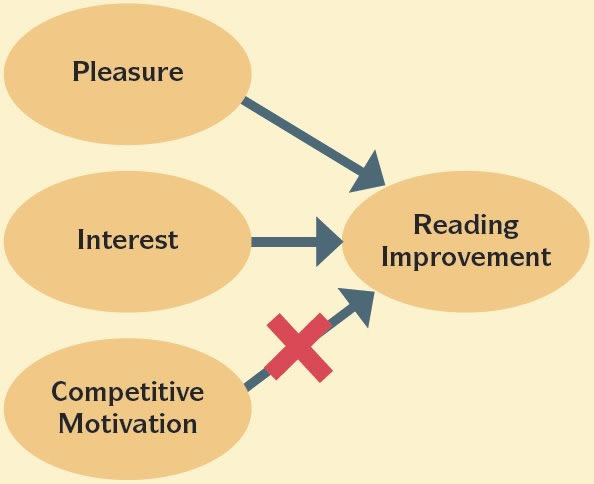Review What You’ve Read
After you complete a reading assignment, you might be tempted to say, “Okay, check that off the list!” and continue on with your day. Do your best to resist that impulse: There’s still work to be done. By revisiting what you’ve read, you’ll improve your comprehension and recall of the information, and you won’t have to relearn the material from scratch as you prepare for exams and assignments. Reciting, summarizing, and reviewing and studying are three potent techniques you can use.
Recite
After you read, take a few minutes to recite the main ideas, key words, and new information you’ve gained from the reading. When you recite, you state the information you’ve learned out loud (if you’re by yourself) or in your head (if you’re in the library). Reciting new knowledge helps you remember the information you’ve learned.
WRITING PROMPT: Ask students to recite and summarize the main ideas they’ve learned in this chapter. Then ask them to reflect in writing about how this approach affected their reading retention. Did they remember more about the main ideas in this chapter than they did about the main ideas in the previous chapter?
Summarize
Gather the central ideas from a reading, and write them down in your own words, either in your notes or at the end of each section of your textbook. Summaries can take different formats, including bulleted lists and short paragraphs. For example, you might write the following summary for this section of the chapter.
|
Reading Follow-up |
|---|
|
|
|

Like reciting, summarizing requires you to think carefully about the material you’ve read, which boosts your comprehension of new concepts.
Review and Study
There are many different ways to review and study the material you’ve read. If you took notes, look them over between classes. If you wrote summaries, study them while you eat breakfast. Here are some additional ideas.
After you read a chapter, take ten minutes to discuss the main ideas in it with a study partner.
Recall the answers to your purposeful reading questions while you drive to school each morning.
Make up your own test items for each chapter, and share them with members of your study group.
Share your reading notes with a friend, ask for feedback, and fill in any information missing from your notes.
Check out the studying and memory chapter of this book, where you’ll find a number of additional tips you can use during your review.
READ FOR FUN AND INTEREST — IT’S GOOD FOR YOU
spotlight onresearch
Did you know that motivation to read is connected to reading improvement? According to a study by Jan Retelsdorf, Olaf Koller, and Jens Moller, students who are internally motivated to read have better outcomes than those who are externally motivated. The researchers followed 1,500 middle school students in Germany for three years. The students told the researchers about their motivation to read and then completed an assessment of their reading ability once a year during the study. The researchers found the following:
Some students read for enjoyment, meaning they found reading to be a pleasant activity and read in their free time.
Other students read because they found the subject matter interesting.
Still other students read for competitive reasons — to become better readers than their peers.

The researchers then compared the students’ motivation for reading to their reading performance. Students who read for enjoyment and because they were interested in the material displayed the most improvement in reading performance over the three years of the study. Students who read for competitive reasons displayed no improvement in reading performance.
There are two important takeaways from this research. First, you’ll have a lot of required reading in college, but if you also find time to read for fun, you might see your overall reading skills improve. Second, try looking for interesting topics in all class readings, even if the class isn’t your favorite.
THE BOTTOM LINE
Reading for enjoyment and finding something interesting in all your course materials may help improve your reading performance.
REFLECTION QUESTIONS
Question 6.1
1. Recall a time in your life when you read for interest or enjoyment. What benefits might you have gained from that activity?
Question 6.2
2. If you don’t do much reading for pleasure now, what could you do in the next month to incorporate more of this type of reading into your life?
Question 6.3
3. What are two topics you’ve found interesting in each of your classes this term?
J. Retelsdorf, O. Koller, and J. Moller, “On the Effects of Motivation on Reading Performance and Growth in Secondary School,” Learning and Instruction 21 (2011): 550–59.